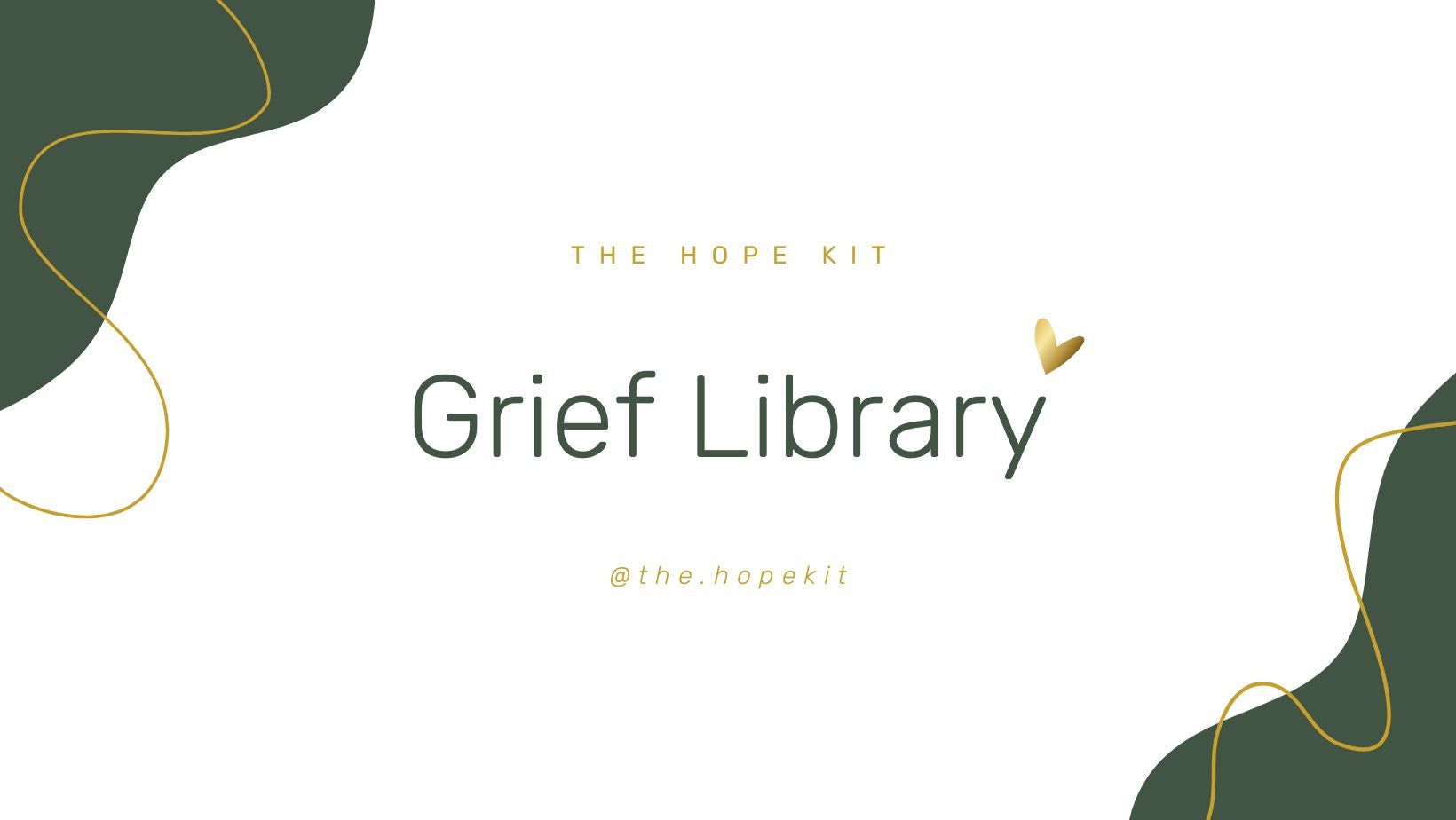"Questions around therapy and addressing emotional issues"
The heartrending challenges of parenting can leave us feeling overwhelmed and desperate for answers. It's not easy to watch your children struggle with emotional turmoil, but it's our responsibility as parents to support them in navigating these stormy waters. Whether it's dealing with grief, anger, or unresolved feelings, we must be their safe harbor, encouraging open communication and guiding them toward healthier ways of processing emotions. Through patience and understanding, we can help them find the strength to face their inner battles and come out stronger on the other side.
- What do you do if your children refuse to see a therapist?
If your children refuse to see a therapist, it's important to be patient and understanding. You can try to have open and honest conversations with them about their feelings, and gently encourage them to express their emotions. Over time, they may become more open to the idea of therapy. You can also explore alternative support options like support groups or talking with trusted friends or family members.
- Does my 14 year old son need to see a therapist if he has a few bad days?
If your 14-year-old son has a few bad days, it doesn't necessarily mean he needs to see a therapist. However, if his mood or behavior consistently worsens or interferes with his daily life, it might be helpful to consider therapy or counseling. Keep the lines of communication open and encourage him to share his feelings with you.
- Are you going to address helping adult children who are dealing with grief?
Yes, I will address helping adult children who are dealing with grief. Each individual's experience is unique, so it's essential to listen, empathize, and be there for them. Encourage them to express their feelings and seek professional help if needed.
- How do you help your adult children learn how to control their anger and stop lashing out at each other?
To help your adult children learn how to control their anger and stop lashing out at each other, you can encourage open communication and active listening. Suggest that they speak with a therapist or counselor to learn effective coping strategies.
- How do you get them to stop trying to hurt each other?
To get your children to stop trying to hurt each other, encourage them to express their feelings and emotions in healthy ways. Help them to understand the importance of empathy, and suggest that they seek professional help if needed.
- What do you do if your children don't want to accept their feelings and do everything they can to avoid them?
If your children don't want to accept their feelings and do everything they can to avoid them, be patient and provide a safe space for them to express themselves. Encourage them to open up about their emotions and seek professional help if necessary.
- What do you do if your children speak very negatively about your spouse in front of you and only focus on their negative feelings toward him instead of the happy memories they have of him?
If your children speak very negatively about your spouse in front of you, try to redirect the conversation toward positive memories and experiences. Share your own happy memories of your spouse and remind them of the good times you all had together.
- How do you let go of the guilt?
Letting go of guilt is a personal journey that can be different for everyone. It's important to recognize and acknowledge your feelings of guilt, and then talk or write about them. Seek support from friends, family, or a therapist, and remind yourself that you are human and deserve forgiveness. Pray for help in gaining perspective on your guilt, and remember that it is a temporary emotion that should not become a permanent burden.
In the end, it's essential to recognize that our journey as parents is filled with both triumphs and heartaches. We must learn to let go of the guilt and embrace the fact that we are doing our best to guide our children through life's complexities. As we support our children in their emotional growth, we also grow ourselves, learning to forgive our imperfections and trust in our ability to love unconditionally. By walking this path together, hand in hand, we can create lasting bonds that will carry us through even the darkest moments and into a future filled with love, understanding, and hope.
Thanks,
"The Hope Team"




